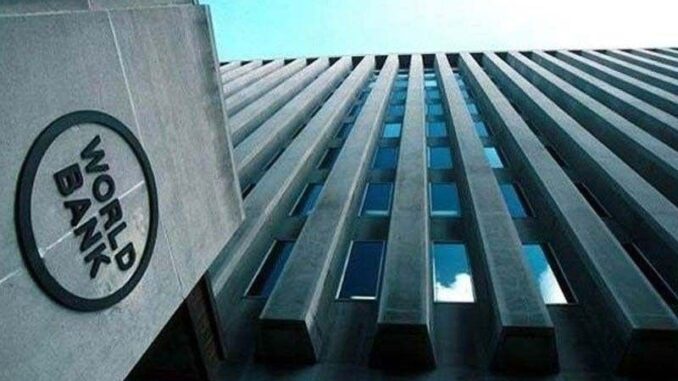
MANILA, Philippines — The United Nations Food and Agriculture Organization (FAO) and the World Bank will implement a $24.9-million grant to boost the country’s health system, particularly in improving disease surveillance and strengthening laboratory capacity.
The Resilient Philippines project of the two multilateral entities is part of the second round of the $418-million Pandemic Fund that would finance various pandemic preparedness in 50 countries.
The project would implement the so-called One Health approach in the country, which recognizes the interconnectedness of human, animal and environmental health when it comes to diseases.
“By fostering collaboration across sectors, from agriculture to health and environmental management, One Health approach helps to better detect, prevent and respond to health threats like zoonoses, antimicrobial,” said Lionel Dabbadie, the FAO representative in the Philippines.
He explained that the “rapid” decline in biodiversity that has been driven by deforestation and habitat loss has led to the emergence and re-emergence of various transboundary animal diseases (TADs) and zoonoses, which are diseases that can be transmitted to humans.
“In addition, the misuse of antimicrobials has also fueled the rise of antimicrobial resistance – a hidden yet growing threat. Often called the ‘silent pandemic,’ AMR continues to advance unnoticed until its devastating effects are felt, compounding food security risks and socioeconomic challenges,” he added.
The Pandemic Fund was launched in 2022 by the Group of 20 or G-20 as a direct response to the global vulnerabilities exposed by the Covid-19 pandemic. The fund finances investments aimed at strengthening pandemic preparedness and resilience of the most at-risk countries.
“With this new round of investments, the Pandemic Fund has once again demonstrated its vital role to mobilize additional financing and promote international collaboration to make the world safer from pandemics,” said Pandemic Fund co-chairs Chatib Basri, Indonesia’s former minister of finance and Sabin Nsanzimana, Rwanda’s health minister.
Pandemic Fund executive head Priya Basu said the “escalating” risks of pandemics driven by climate change, migration and conflicts underscore the importance and urgency of the second round of the fund.
“I am pleased that the Pandemic Fund can provide this second, larger round of catalytic financing in response to unprecedented country demand, with the engagement of so many international partners and civil society organizations. This is a tremendous show of global solidarity,” Basu said.
Dabbadie called on various stakeholders – from government to civil society – to collaborate and make the investment worthwhile toward a “sustainable” and “resilient” health system in the Philippines.
“We must scale up our efforts to integrate One Health principles and the Sustainable Development Goals of the Agenda 2030 across all levels, strengthen partnerships, and secure more innovative funding to face the evolving threats to human, animal and environmental health,” he said.
“The success of this project shows what is possible when we act collectively, but the real test will be our ability to sustain and expand this progress for generations to come, leaving no one behind,” he added.


Be the first to comment